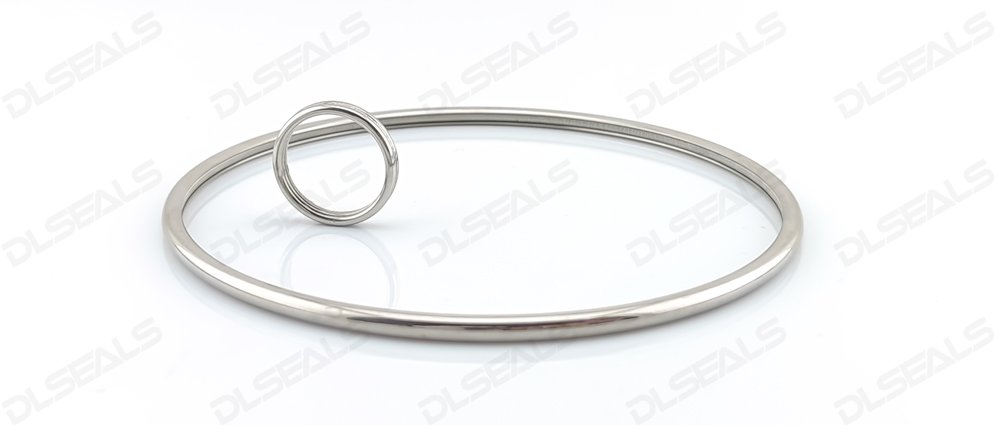Rubber seals and metal seals are two common types of seals used in various industrial applications, each with its own set of advantages and disadvantages. Understanding the differences between these two types of seals is crucial for selecting the most suitable option for specific applications. In this article, we will explore the pros and cons of rubber seals and metal seals and discuss their applications in different industries.
Rubber Seals:
Pros:
Flexibility: Rubber seals are highly flexible, allowing them to conform to irregular surfaces and provide effective sealing even in dynamic applications.
Cost-Effective: Rubber seals are generally more cost-effective compared to metal seals, making them a preferred choice for applications where budget is a concern.
Good Sealing Properties: Rubber seals offer good sealing properties, providing reliable protection against leakage of fluids or gases.
Resistance to Abrasion: Rubber seals exhibit good resistance to abrasion, making them suitable for applications where friction and wear are significant factors.
Cons:
Limited Temperature Range: Rubber seals may have a limited temperature range compared to metal seals, and they may degrade at high temperatures, affecting their sealing performance.
Chemical Compatibility: Rubber seals may not be compatible with certain chemicals, oils, or solvents, leading to degradation and reduced sealing effectiveness over time.
Compression Set: Rubber seals may experience compression set over time, especially in static applications, leading to loss of sealing effectiveness.
Metal Seals:
Pros:
High Temperature Resistance: Metal seals offer excellent resistance to high temperatures, making them suitable for applications where extreme heat is a concern.
Chemical Compatibility: Metal seals are highly resistant to chemicals, oils, and solvents, ensuring long-term sealing performance in harsh environments.
Durable and Long-Lasting: Metal seals are durable and long-lasting, capable of withstanding harsh operating conditions without degradation.
Cons:
Limited Flexibility: Metal seals are less flexible compared to rubber seals, which may limit their effectiveness in applications with irregular or moving parts.
Higher Cost: Metal seals are generally more expensive than rubber seals, which may be a limiting factor for budget-conscious applications.
Potential for Galling: Metal seals may experience galling or surface damage when subjected to high loads or friction, affecting their sealing performance.
Conclusion:
In conclusion, both rubber seals and metal seals offer unique advantages and disadvantages that make them suitable for different applications. Rubber seals are preferred for their flexibility, cost-effectiveness, and good sealing properties, while metal seals excel in high-temperature environments and offer superior chemical compatibility and durability. When selecting between rubber seals and metal seals, it is essential to consider factors such as operating conditions, temperature range, chemical exposure, and budget constraints to determine the most suitable option for optimal sealing performance.
Post time: Apr-19-2024

